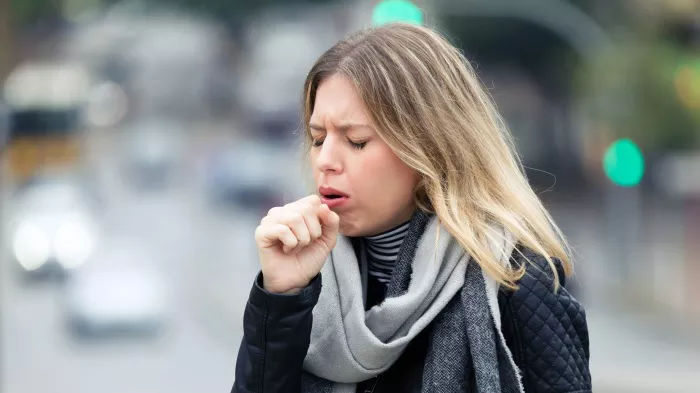Allergy cough is a common symptom of allergies, and it can be especially bothersome at night. Many people with allergies experience a worsening of their cough during the night, which can interfere with sleep and affect overall quality of life. In this article, we will explore why allergy cough gets worse at night, the causes, and the treatment options available.
What is Allergy Cough?
Allergy cough is a type of cough that is triggered by an allergic reaction. When the body is exposed to an allergen, such as pollen or pet dander, it can cause irritation and inflammation in the airways, leading to coughing. Allergy cough can be dry or productive, and it can be accompanied by other symptoms such as sneezing, runny nose, and itchy eyes.
Why Does Allergy Cough Get Worse at Night?
Allergy cough can get worse at night for several reasons. One possible reason is that when you lie down, mucus can accumulate in the back of your throat, triggering coughing. Additionally, allergens such as dust mites and pet dander can be more concentrated in your bedroom, which can exacerbate allergy symptoms. Finally, changes in temperature and humidity can also affect allergy symptoms, and these changes are often more pronounced at night.
Causes of Allergy Cough
Allergy cough is caused by an immune system response to allergens such as pollen, dust mites, and pet dander. When the body is exposed to these allergens, it produces histamine and other chemicals, which can cause inflammation and irritation in the airways, leading to coughing.
Treatment of Allergy Cough
The treatment of allergy cough typically involves identifying and avoiding allergens that trigger your symptoms. In addition, medications such as antihistamines, decongestants, and nasal corticosteroids can be used to reduce inflammation and relieve symptoms. In severe cases, immunotherapy (allergy shots) may be recommended to help desensitize the immune system to specific allergens.
Prevention of Allergy Cough
The best way to prevent allergy cough is to avoid exposure to allergens that trigger your symptoms. This may involve making changes to your home environment, such as using air filters, washing bedding regularly, and keeping pets out of the bedroom. In addition, it may be helpful to avoid outdoor activities during peak allergy season and to wear a mask when doing outdoor activities.
Conclusion
Allergy cough is a common symptom of allergies, and it can be especially bothersome at night. Allergy cough gets worse at night due to various reasons, including mucus accumulation, increased concentration of allergens, and changes in temperature and humidity. If you are experiencing allergy cough, be sure to consult with your doctor for an accurate diagnosis and treatment plan. With proper management and avoidance of allergens, you can reduce your symptoms and improve your quality of life.
[inline_related_posts title=”You Might Be Interested In” title_align=”left” style=”list” number=”6″ align=”none” ids=”4045,4043,4041″ by=”categories” orderby=”rand” order=”DESC” hide_thumb=”no” thumb_right=”no” views=”no” date=”yes” grid_columns=”2″ post_type=”” tax=””]































